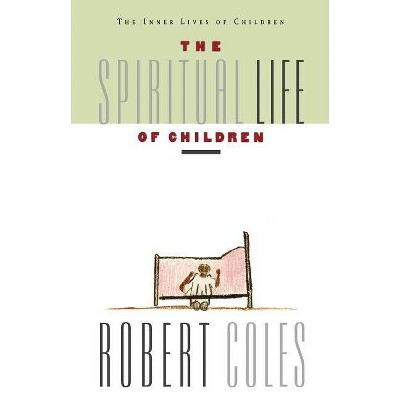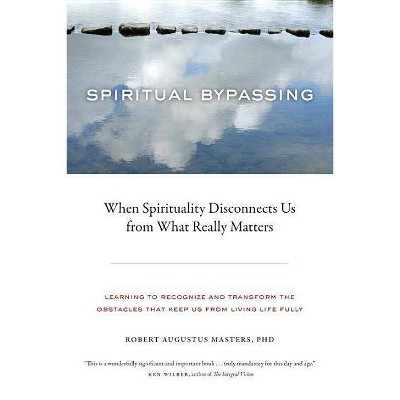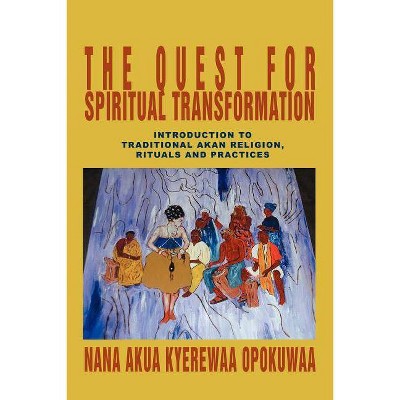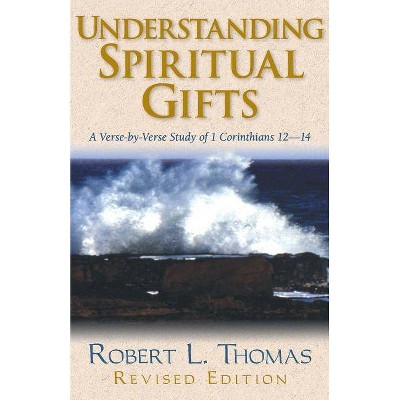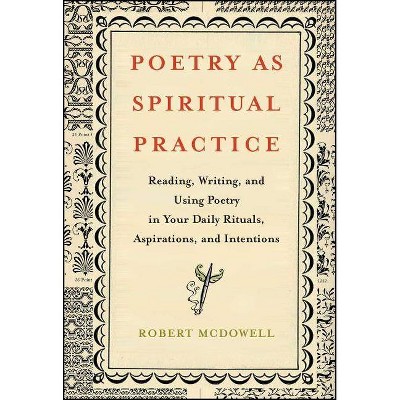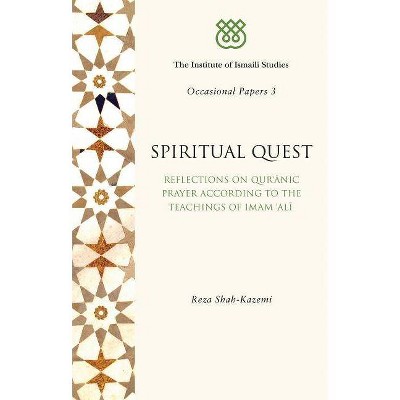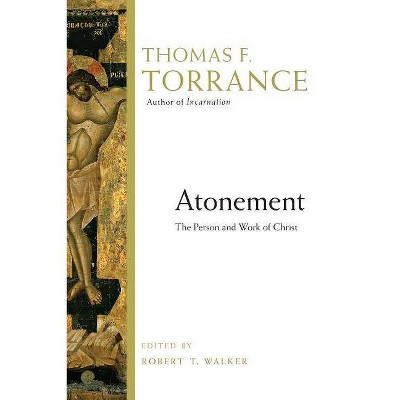The Spiritual Quest - by Robert M Torrance (Paperback)
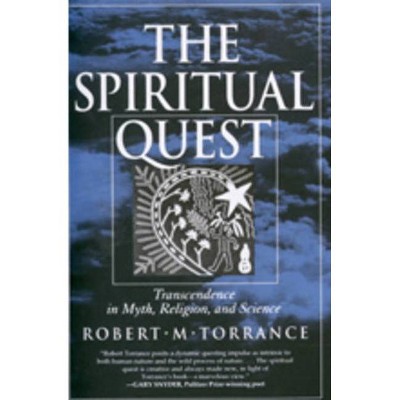
Similar Products
Products of same category from the store
AllProduct info
<p/><br></br><p><b> About the Book </b></p></br></br>"Robert Torrance posits a dynamic questing impulse as intrinsic to both human nature and the wild process of nature. Torrance sets out an impressive array of examples as to what 'spiritual quest' has meant in human experience, highlighting cases from societies that are not dominated by organized religious ideologies. The background of ethnographic cases serves to underpin the challenging assertion that we must forever base our seeking on a wholehearted engagement with uncertainty and impermanence. The spiritual quest is creative, and always made new in light of Torrance's book--a marvelous view."--Gary Snyder, author of "Turtle Island" <BR>"This is a magnificent effort to approach the question of our most expansive psychic activity, the quest for transcending our limited universe. This is a brilliant work, which opens the gates to much new research."--Ake Hultkrantz, author of "Shamanic Healing and Ritual Drama" <BR>"This is an important book for the history of religions, for it redeems the universalist hypothesis from the caves of the Jungians (supplying a critical corrective to Joseph Campbell and, more significantly, to Mircea Eliade), nimbly sidesteps the vortex of the structuralists, and beats back the dragons of deconstruction. His sophisticated use of contemporary philosophy, literary theory, and the anthropology of shamanic cultures makes this Platonic approach to the narrative of human experience, this old faith in human universals, newly compelling."--Wendy Doniger, author of "Women, Androgynes, and Other Mythical Beasts"<p/><br></br><p><b> Book Synopsis </b></p></br></br>Robert Torrance's wide-ranging, innovative study argues that the spiritual quest is rooted in our biological, psychological, linguistic, and social nature. The quest is not, as most have believed, a rare mystical experience, but a frequent expression of our most basic human impulses. Shaman and scientist, medium and poet, prophet and philosopher, all venture forth in quest of visionary truths to transform and renew the world.<br /><br />Yet Torrance is not trying to reduce the quest to an "archetype" or "monomyth." Instead, he presents the full diversity of the quest in the myths and religious practices of tribal peoples throughout the world, from Oceania to India, Africa, Siberia, and especially the Americas. In theorizing about the quest, Torrance draws on thinkers as diverse as Bergson and Piaget, van Gennep and Turner, Pierce and Popper, Freud, Darwin, and Chomsky. This is a book that will expand our knowledge-and awareness-of a fundamental human activity in all its fascinating complexity.<p/><br></br><p><b> From the Back Cover </b></p></br></br>Robert Torrance posits a dynamic questing impulse as intrinsic to both human nature and the wild process of nature. Torrance sets out an impressive array of examples as to what 'spiritual quest' has meant in human experience, highlighting cases from societies that are not dominated by organized religious ideologies. The background of ethnographic cases serves to underpin the challenging assertion that we must forever base our seeking on a wholehearted engagement with uncertainty and impermanence. The spiritual quest is creative, and always made new in light of Torrance's book--a marvelous view.--Gary Snyder, author of <i>Turtle Island</i><br /><br />This is a magnificent effort to approach the question of our most expansive psychic activity, the quest for transcending our limited universe. This is a brilliant work, which opens the gates to much new research.--Ake Hultkrantz, author of <i>Shamanic Healing and Ritual Drama</i><br /><br />This is an important book for the history of religions, for it redeems the universalist hypothesis from the caves of the Jungians (supplying a critical corrective to Joseph Campbell and, more significantly, to Mircea Eliade), nimbly sidesteps the vortex of the structuralists, and beats back the dragons of deconstruction. His sophisticated use of contemporary philosophy, literary theory, and the anthropology of shamanic cultures makes this Platonic approach to the narrative of human experience, this old faith in human universals, newly compelling.--Wendy Doniger, author of <i>Women, Androgynes, and Other Mythical Beasts</i><p/><br></br><p><b> Review Quotes </b></p></br></br><br>"Torrance illuminates the human search for the transcendent in tribal religion and 20th-century thought. . . . Torrance's book is remarkable for the wealth of fascinating detail drawn from so many cultures."--"Kirkus Reviews<br><p/><br></br><p><b> About the Author </b></p></br></br><b>Robert M. Torrance</b> is Professor of Comparative Literature at the University of California, Davis.
Price History
Price Archive shows prices from various stores, lets you see history and find the cheapest. There is no actual sale on the website. For all support, inquiry and suggestion messages communication@pricearchive.us
